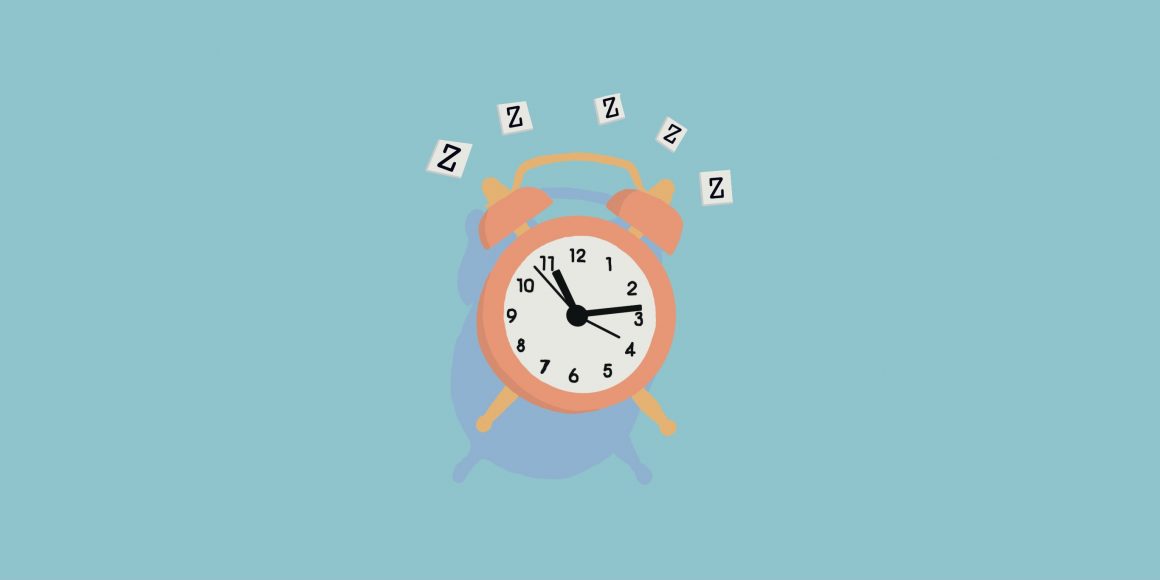
Changing seasons influence on sleep schedules
By Belen Tamariz, March 16 2022—
Do you ever wonder why our sleep schedules change throughout the seasons? Do you find that the quality of sleep you have and how rested you feel fluctuates throughout the year? Sleep is vital to health, mood, cognitive performance, work quality and social life. Considering its importance, there are many limiting factors which affect sleep, including weather, mood, personality, sleep quality, chronotype and demographic information. All these factors revolve around seasons.
As humans, we do not hibernate or migrate, yet we are still affected by the seasons just like all other animals. We are an intelligent species that does not have control over our natural surroundings.
Sleep behaviour is influenced by circadian processes, which rely on internal timekeeping cells. These cells synchronize with the environment via time cues such as light and temperature. They serve as a circadian pacemaker to coordinate other circadian responses, optimal to the current environment.
The circadian pacemaker changes body temperature and melatonin, which is a hormone that promotes and maintains sleep to assist sleep regulation and wake cycles. In animals, this pacemaker adjusts seasonally, increasing wake duration during more extended periods of light and warmer temperatures and decreasing wake duration during periods with less light and lower temperatures.
Seasonal variation can have a great impact on our sleep-wake cycle. For instance, studies have shown that core body temperature and melatonin secretion tend to be slightly advanced during summer sleep times. Therefore, they tend to occur earlier in the night relative to the winter months.
The main reason for this, you ask? The photoperiod — the length of light exposure — tends to be more significant in the summer months. Light exposure early in the morning can impact our internal biological clock, shifting the timing of the sleep window. This adjustment in the body’s natural response affects our internal biological body clock to make sure we rise at what would have been a vital time of day when we were evolving.
In the winter months, where the nights are colder and darker, the lack of sunlight decreases vitamin D levels. Because this vitamin is vital for maintaining the sleep-wake cycle and melatonin levels, a lack of it also makes us tired.
One study supports the idea of seasonal variation in sleep due to daylight duration. The study compared Norway, a country that undergoes large seasonal variation, with Ghana, which undergoes minimal variation due to its close proximity to the equator. Seasonal effects found in Norway were that bed and rising times were earlier in summer, while insomnia, fatigue and low mood were prevalent in winter. However, these winter-summer seasonal differences were not found to be present in Ghana.
Another related and well-studied phenomenon is Seasonal Affective Disorder (SAD). This is where people experience a change in mood due to changing seasons, but who otherwise are typically in good mental health for the rest of the year.
In line with the study described above, the most common finding is that depressive symptoms tend to peak in winter. There is evidence that prescribed light exposure — known as lightbox — that can reduce depressive symptoms for patients with SAD. The timing of light exposure is critical and should be guided by one’s doctor or health professional.
How can we combat the season’s influence on our sleep schedule? We do not have to be victims of the natural world. As the temperature changes over the year, it is crucial you try to keep the room temperature you are sleeping in consistent. As the body prepares itself for sleep, your body starts to feel drowsy, and your internal body temperature falls slightly. It remains low until you wake.
When it comes to the seasons and sleep, we can do things to help the former’s influence on the latter. Our sleeping patterns align with the cycle that is day and night. Scientists and professionals recommend you find a regular and consistent sleeping pattern to assist you in refueling your energy levels. This established schedule should not change with the seasons. Still, we must be aware that changes in the season have a significant impact on our sleeping patterns, affect our energy levels and change our overall sleep experience.
